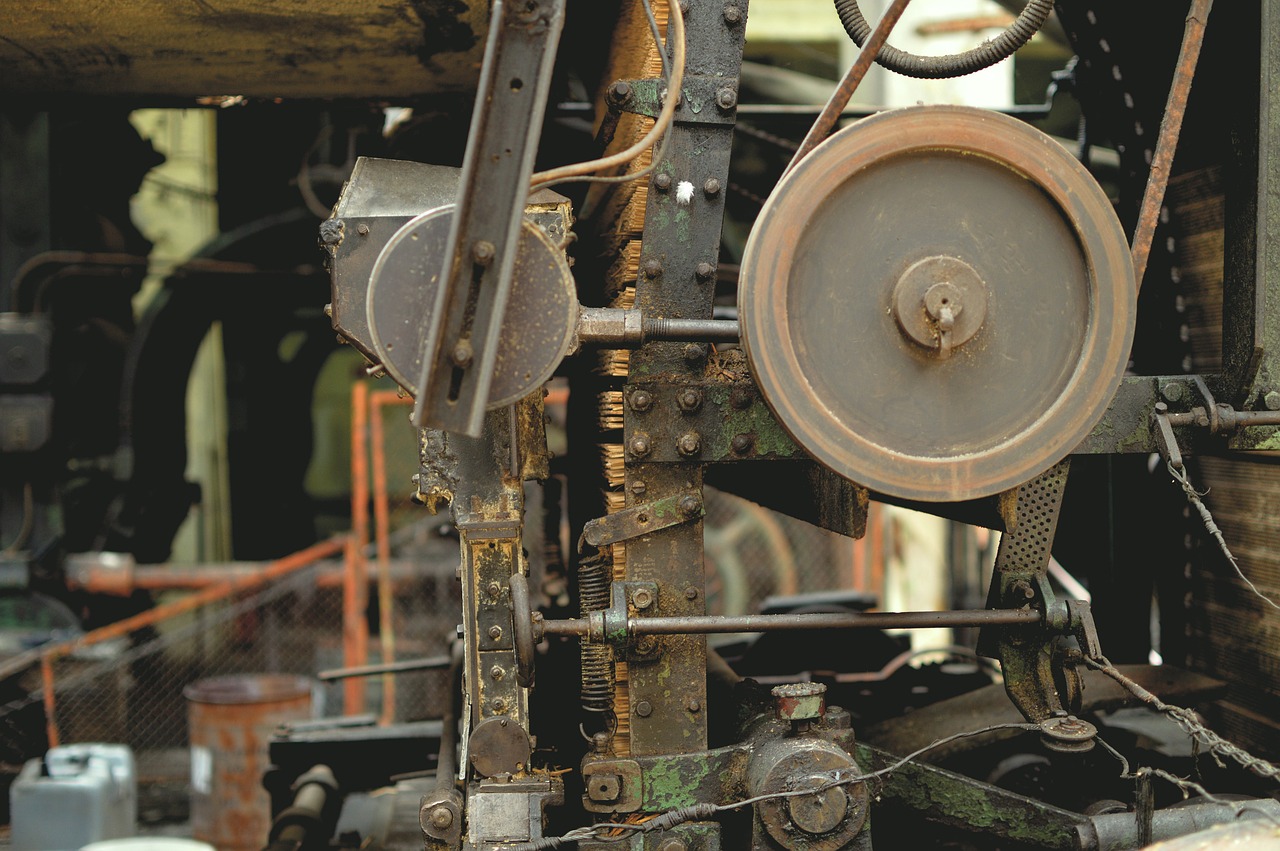The Impact of Robotics on Elderly Care and Assisted Living
As the aging population continues to grow, the integration of robotics in elderly care has become crucial in enhancing the quality of life for older individuals. Robots are being utilized to assist with daily tasks, such as meal preparation, housekeeping, and mobility support, providing seniors with increased independence and autonomy in their daily lives. These technological advancements not only alleviate the physical strain on elderly individuals but also contribute to their mental well-being by promoting a sense of control and self-sufficiency.
Moreover, robotics in elderly care also plays a vital role in monitoring health and safety, as many robots are equipped with sensors to detect emergencies, falls, or changes in vital signs. This real-time monitoring allows for immediate responses and interventions, reducing the risks associated with delayed assistance. Additionally, the social interaction provided by robotic companionship can help combat feelings of loneliness and isolation commonly experienced by older individuals, thereby improving their overall quality of life.
Challenges Faced by Caregivers in Assisted Living Facilities
Caregivers in assisted living facilities often encounter various challenges in their daily responsibilities. One common issue is the overwhelming workload that caregivers face due to the high demand for care services. With limited staffing and resources, caregivers may struggle to provide adequate attention and support to all residents under their care.
Additionally, caregivers may also face emotional and mental stress from witnessing the declining health and well-being of the elderly residents. The emotional toll of seeing residents struggle with physical limitations or cognitive decline can be draining for caregivers, impacting their own mental health and well-being. This aspect of caregiving in assisted living facilities highlights the importance of providing support and resources for caregivers to maintain their own health and resilience in fulfilling their vital role.
Benefits of Robotic Assistance in Medication Management
Robotic assistance in medication management offers a promising solution to enhance the quality of care for elderly individuals in assisted living facilities. With the help of robotics, medication errors can be significantly reduced, ensuring that patients receive the right medications at the right time. This level of precision and accuracy provided by robots can greatly improve the overall well-being and health outcomes of senior residents.
Moreover, robotic assistance in medication management can relieve caregivers from the burden of repetitive tasks, allowing them to focus more on providing emotional support and companionship to the elderly. By automating the process of medication dispensing and reminders, robots enable caregivers to allocate their time and energy more effectively, leading to a higher quality of care. This not only benefits the elderly individuals by ensuring they adhere to their medication schedules but also supports caregivers in delivering more personalized and attentive care.





